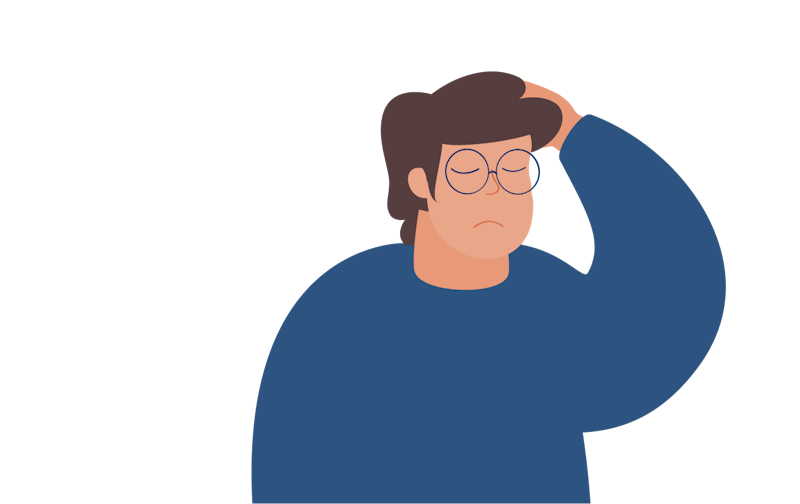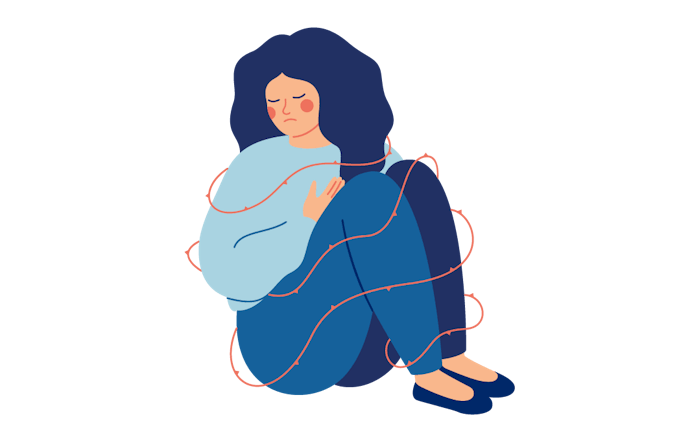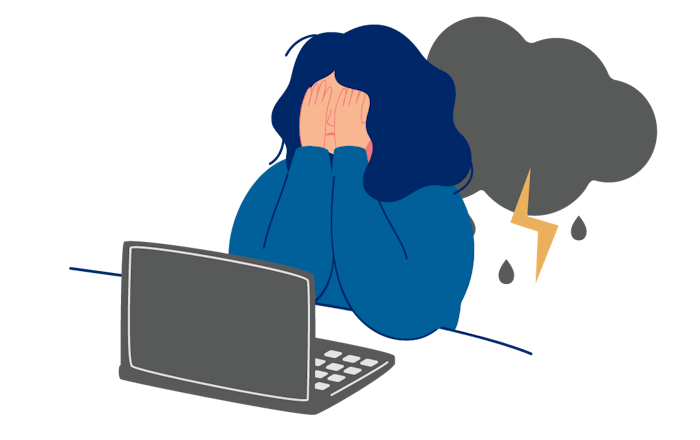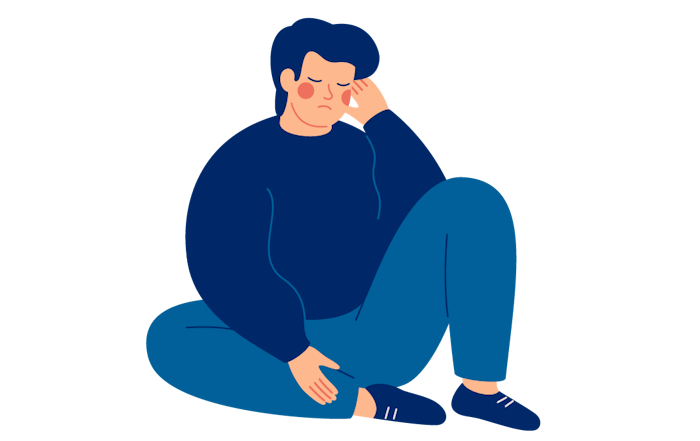Why press charges?
- Pursuing a case through the police and courts is the only way to achieve justice and make the perpetrator take responsibility. Together, the police and the courts make up the justice system.
- Sexual offences should be charged just like all other criminal offences. Your rights have been violated and that is never allowed.
- The charges can prevent the perpetrator from abusing others.
- The person who committed an offence against you has to know that it was not OK.
I don’t know what I should do
It can seem scary to press charges against a perpetrator.
- Maybe they’re someone who is older than you.
- Maybe they’re someone in your family.
- Maybe they’re someone you have a crush on.
- Maybe they’re your teacher or coach and you don’t want to make a big deal.
- Maybe you are not sure whether the offence was serious enough.
These are all understandable thoughts. But it doesn’t matter who committed an offence against you, it was not your fault and you don’t have to be embarrassed about anything. No one is allowed to commit an offence against you.
Get advice
Speak to an adult you trust. They can help you by calling 112 to get help and guidance. You can also get advice from children's services (barnavernd).



